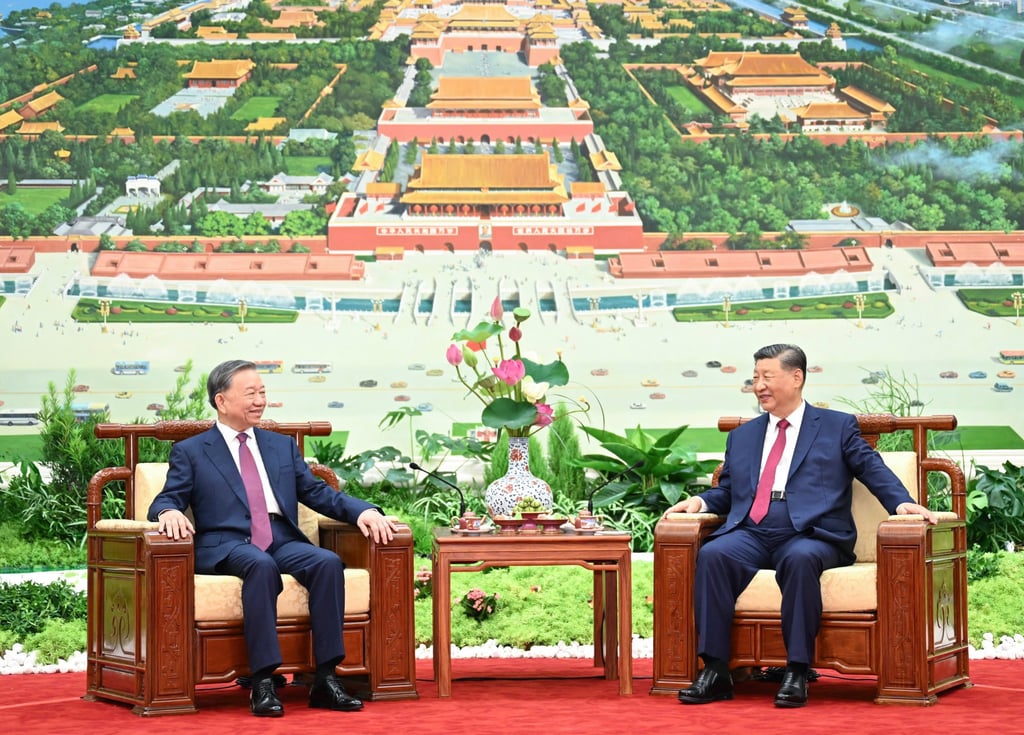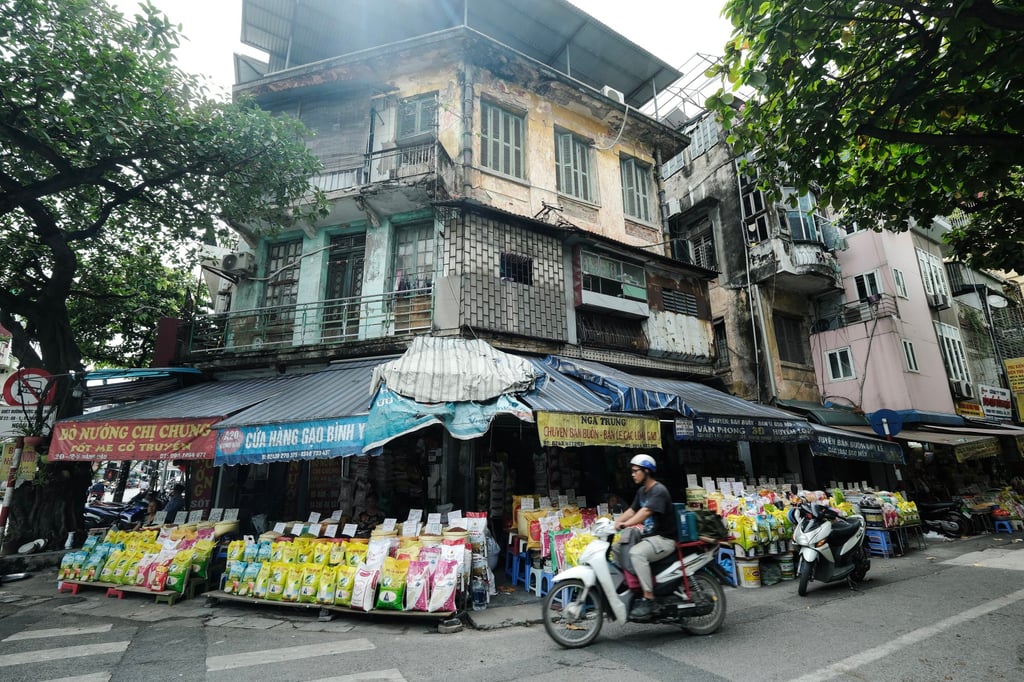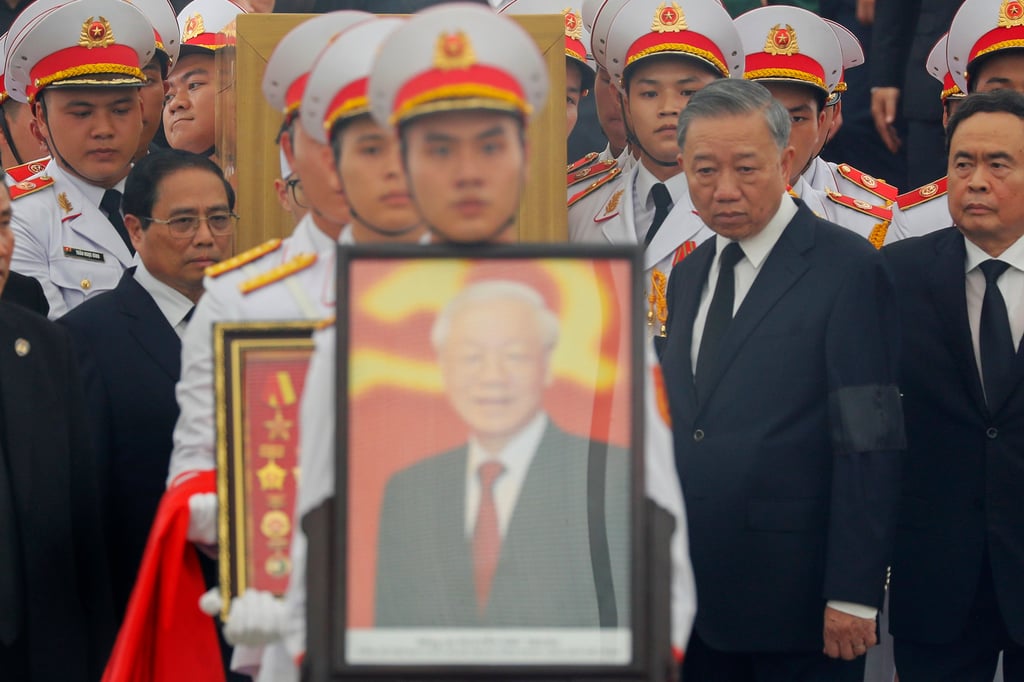Vietnam party chief To Lam to step down as president, relinquish dual power role
“It will help things settle down, especially with To Lam leaving the presidency,” said Le Dang Doanh, an economist and former government adviser in Hanoi. The party leadership, he added, is matching officials with positions to ensure smooth governance and prepare it for the Party Congress.
The National Assembly will vote in October on a candidate to fill the presidency, according to a post on the government’s website, which cited the legislature’s Chief Administrator Bui Van Cuong. Under Vietnam’s political system, the Party Central Committee will nominate a candidate for president for the parliament to vote on.

In a break from party tradition in Vietnam, Trong took over the presidency in 2018 following the death of then-President Tran Dai Quang before relinquishing the post in 2021.
“To Lam’s holding on to the presidency would give rise to outside questions about the stability and direction of Vietnam,” said Carl Thayer, emeritus professor at the University of New South Wales in Australia. Now the government will return to “four people, not three, at the top of the leadership”.
Trong’s death added uncertainty within the government as a years-long anti-corruption campaign has led to scores of senior officials and business executives being detained. Two presidents, three deputy prime ministers and other party officials recently quit office.

Former Deputy Prime Minister Khai oversaw the economy, and in June unsuccessfully urged Treasury Secretary Janet Yellen to grant Vietnam market economy status.
He was punished for violations linked to an investigation into a resort-residential project, according to information on the government’s website. Representatives of Khai were not immediately available for comment.
Deputy Prime Minister Tran Luu Quang will also step down and become leader of the party’s central economic commission.
The three new deputy prime ministers are Minister of Foreign Affairs Bui Thanh Son, Finance Minister Ho Duc Phoc and Nguyen Hoa Binh, who was dismissed from his position as chief justice of the Supreme People’s Court of Vietnam.
Phoc and Son will keep their ministerial positions until parliament selects their successors, according to the government posting.

Lam, officially installed as the new head of the party on August 3, said he would “resolutely” continue an aggressive push to stamp out corruption while working to ease bureaucratic bottlenecks to help the economy.
But non-stop investigations have slowed the gears of government.
“Vietnamese businesspeople have shared a view on social media that parts of the government are paralysed by a fear of being caught up in the anti-corruption investigations,” Giang Nguyen said ahead of Monday’s parliamentary announcement.
Vietnamese businesspeople have shared a view on social media that parts of the government are paralysed by a fear of being caught up in the anti-corruption investigations
And the campaign is viewed by some observers as a way to also remove political rivals amid behind-the-scenes power struggles.
Foreign investors, Giang Nguyen said, “don’t know who is up and who is down in the power struggle that has been going on for over a year now”. This is creating anxiety that the crackdowns could result in the kind of “socialist-inspired nationalism” seen in China under Xi, resulting in a less-friendly attitude toward foreign investors, Giang Nguyen said.
But Lam, he added, is known as a pragmatist rather than an ideologue, valuing “foreign investors and their role in taking the Vietnamese economy to the next level of development.”